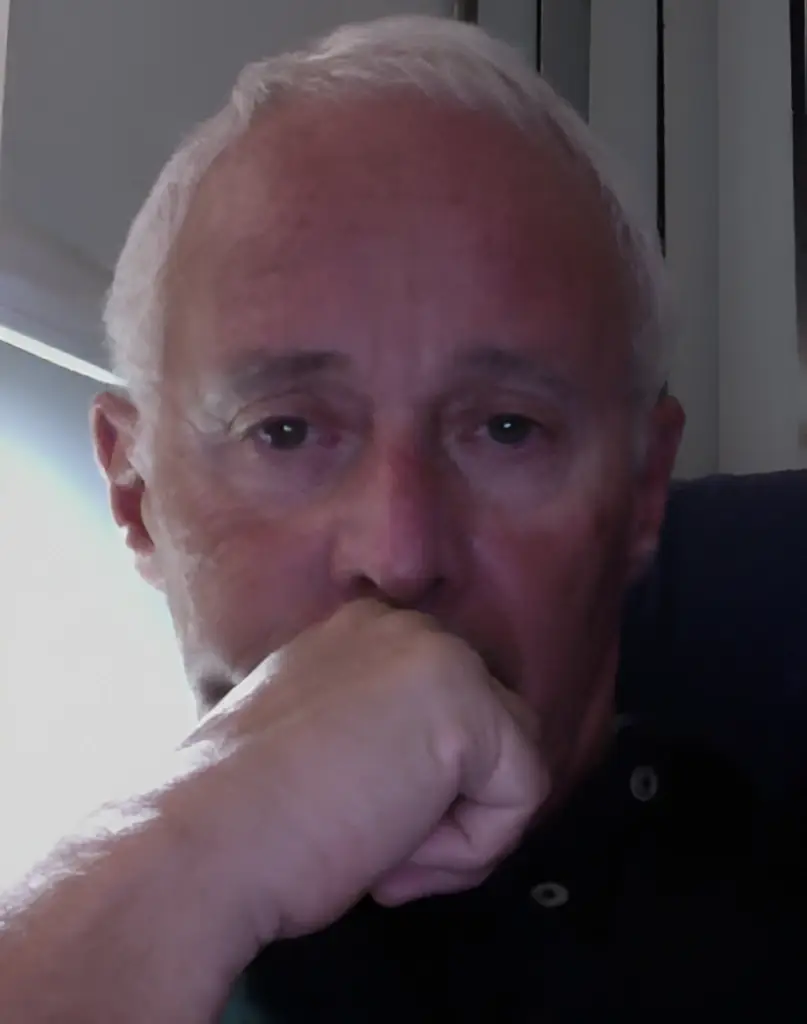And Then Came the Flood

Bereshit 6:9 - 11:32

Rabbi Moshe Pitchon
The first eleven chapters of Bereshit (the book of Genesis) tell us that the early history of humanity was filled with trauma: exile (The Garden of Eden), murder (Cain and Abel), natural disaster (The Flood), and technological catastrophe (The Tower of Babel).
Humankind learned early in its history that it could not take its existence in the world for granted: Creation can be revoked.
Thousands of years ago, the editors of these chapters did their best to frame a coherent account of humanity’s propensity to self-inflict wounds. The TaNaKh is an invitation to reflect on how humans behave in the world, what is to act well, and what is not.
According to the book of Bereshit (Genesis), human suffering began due to rebellion against the created order.
In contrast to non-Jewish sagas, however, human beings in Bereshit are not destroyed by the caprice of gods but by how they act toward one another.
Bereshit (Genesis), Chapter 6, launches a program for human behavior that aims to bring a perfection, which God cannot bring about without human help.
In this Torah section (parashah), we found:
And the earth was corrupt before God, and the earth was filled with violence And God saw the earth, and, behold, it was corrupt; for all flesh had corrupted their way upon the earth. And God said unto Noah: 'The end of all flesh comes before Me; for the world is filled with violence through them; and, behold, I will destroy them with the earth.
And then came the flood…
.
The flood was caused by “hamas,” the Hebrew word used by the Torah to refer to “violence.”
“Hamas” is the same word the Scriptures use to describe the sin for which Nineveh was to be destroyed in the book of Jonas and for which “sulfurous fire” rained down upon Sodom and Gomorrah.
In Arabic, “hamas” which means “enthusiasm” or “zeal,” is also the acronym for HArakat al-Muqawama Al-ISlamiya, the Arabic name of the group ruling Gaza. Presciently, this group named the scheme that inevitably would bring pain, misery, destruction, and death “Aqsa Flood.”
The startling trend is that when violence increases globally, there are more excuses offered to absolve the offenders.
One of the voices of conscience that argues for the necessity of ending the nefarious futility of hamas is this book: the TaNaKh.
Martin Buber wrote years ago that what the TaNaKh has to tell us, and what no other voice in the world can teach us with such simple power, is that there is truth, that there are lies, and that human life cannot persist or have meaning save in the decision in behalf of truth against lies.
Therefore, the humanity which speaks from this Book today, as it has always done, is the unity under one divine direction which divides right from wrong and truth from lies as unconditionally as the words of the Creator separated the light from the darkness.”
Lawlessness, social unrighteousness, and destruction are Hamas, the disorder of the world, and the flood that Iran, Hizbullah, and HArakat al-Muqawama Al-ISlamiya released.
Confronting the flood, Noah didn’t stand still. He built an ark that traveled over the stormy waters for many months until it found a place where the world came back to order, where tempestuous waters were separated from dry land. The place was Mount Ararat, 585 miles from Tehran.

